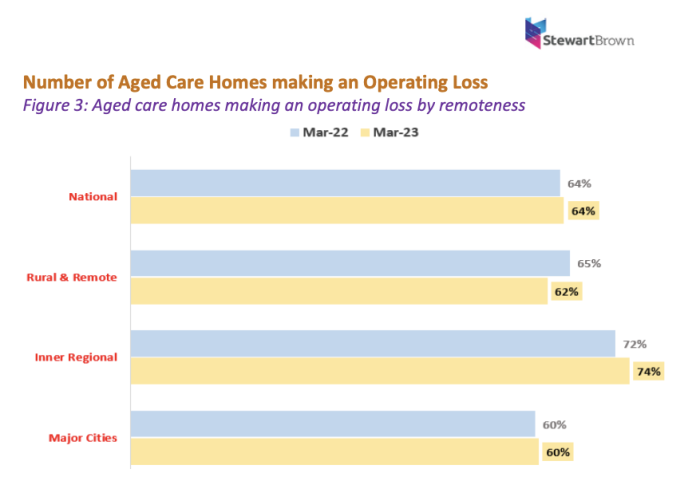Aged care providers across Australia are expressing frustration over the government’s delays in reimbursing COVID-related expenses incurred during the pandemic. Catholic Health Australia, the country’s largest non-government grouping of health and aged care services, is among the organisations affected by the prolonged wait for reimbursements.
The grants were intended to help providers manage outbreaks within their facilities, protect vulnerable residents and their families, and prevent the transmission of the virus within the local community.
These expenses are impacting providers across the country:
- Calvary Health Care, a large national provider, has submitted around $55 million worth of COVID grant claims with only $5 million paid out
- Southern Cross Care (SA, NT & VIC) has claimed just over $6 million with only $230,000 paid out
- Southern Cross Care (NSW & ACT) has claimed $6 million with $2.2m outstanding
- Southern Cross Care (Western Australia) has claimed $3.946 million with zero paid out
- Southern Cross Care (Tasmania) has claimed $1.23 million with zero paid out
- MercyCare in Western Australia has submitted $1.55 million in claims with only $55,000 paid out
- Southern Cross Care (Queensland) has had all 2021/22 claims paid but has $600,000 outstanding from 2022/23
According to Jason Kara, Director of Aged Care at Catholic Health Australia, the aged care sector responded effectively during the worst of the pandemic, with staff, consumers, and families working together to adhere to strict infection control measures. However, providers are now grappling with outstanding reimbursements for expenses from both the 2021/22 and 2022/23 financial years.
With approximately two-thirds of residential homes operating at a loss (see main image StewartBrown), aged care providers are struggling to manage the financial burden of COVID-related costs on top of ongoing financial and operational headwinds.
Jason Kara argues that a more streamlined and collaborative approach could resolve these delays. He suggests paying the approved amount immediately and addressing any minor disputes later, rather than holding up substantial claims for months over minor discrepancies.
Recent Senate estimates testimony revealed that there are still around 11,000 grant applications pending, with at least half a billion dollars yet to be paid to providers.










